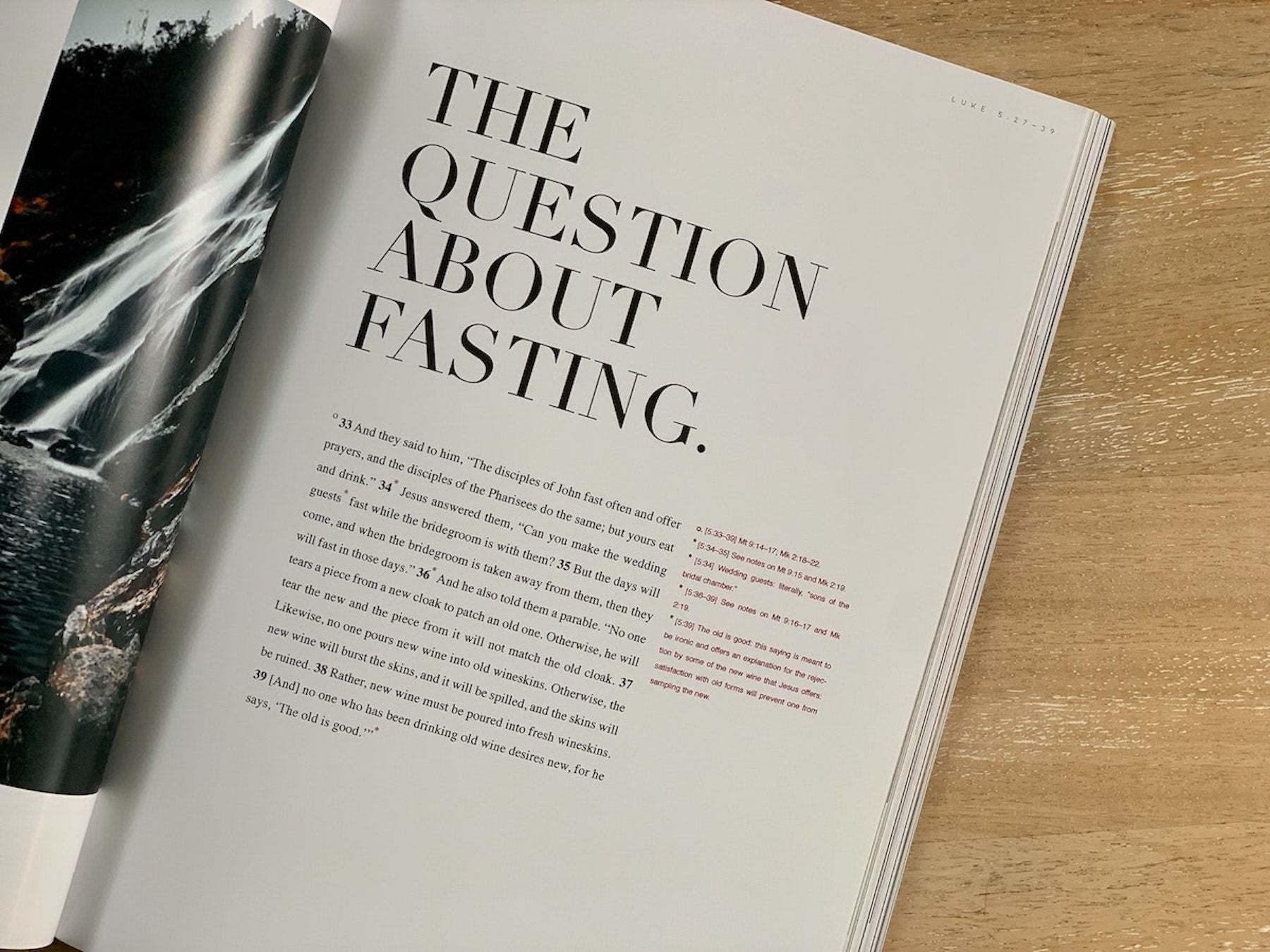What is Intermittent Fasting and Is It Safe?

The keto and Atkins diets are two of the most popular low-carb diets known for their effectiveness in weight loss and health improvement. While they share similarities, they also have key differences that make one more suitable depending on your goals and lifestyle.
Keto Diet
The ketogenic or keto diet promotes ketosis, a metabolic state in which the body burns fat as its primary fuel source rather than carbohydrates (1). This diet typically requires consuming less than 50 grams of carbohydrates daily, with 70-75% of daily calories from fat, 20-25% from protein, and only 5-10% from carbs.
Atkins Diet
The Atkins diet, created by Dr. Robert Atkins in the 1970s, is another low-carb, high-fat diet. It is structured in four phases:
- Induction: Deficient carbohydrate intake (20 grams per day).
- Balancing: Gradually increasing carb intake.
- Pre-Maintenance: Preparing for a long-term eating plan.
- Maintenance: Lifelong commitment to a balanced diet with moderate carbohydrate intake.
Critical Differences Between Keto and Atkins
Carbohydrate Intake
- Keto: Strictly limits carbs to below 50 grams daily to maintain ketosis.
- Atkins: Starts with a low carb intake but gradually increases the amount allowed.
Fat and Protein Consumption
- Keto: Emphasizes high fat intake to maintain ketosis.
- Atkins: Allows for higher protein intake and gradually reintroduces carbs, making it less restrictive.
Diet Structure
- Keto: Consistent low-carb intake with a focus on maintaining ketosis.
- Atkins: Four phases with varying carb levels, from very low to moderate.

Health Benefits and Risks
Keto Diet Benefits
- Effective for rapid weight loss by promoting fat burning.
- It may improve mental clarity and focus.
- It may help regulate blood sugar and decrease the risk of diabetes.
Keto Diet Risks
- "Keto flu" symptoms like fatigue, nausea, and headaches (2).
- High fat intake might increase the risk of heart disease if unhealthy fats are consumed.
- It is not ideal for long-term use due to its restrictive nature.
Atkins Diet Benefits
- Gradual carb reintroduction is effective for weight loss and is more accessible to follow in the long term (3).
- It may lower cholesterol and triglyceride levels.
- It can help reduce blood pressure and manage blood sugar levels.
Atkins Diet Risks
- Potential for high cholesterol if not monitored correctly.
- Digestive issues such as constipation or diarrhea.
- Requires careful planning to ensure nutritional balance (4).
Which Diet is Better for You?
Choosing between the keto and Atkins diets depends on your goals and preferences:
- For Rapid Weight Loss: The keto diet might be more suitable due to its strict carb limitation and ability to induce ketosis quickly.
- For Long-Term Weight Management: The Atkins diet could be a better choice because of its flexibility and gradual approach to reintroducing carbs.

Related Studies:
- A research paper published in the Journal of the American Medical Association discovered that a low-carb diet contributed significantly more weight loss than a low-fat diet over six months.
- A study published in Frontiers in Nutrition found that a ketogenic diet may improve cognitive function and memory in some individuals, though more research is needed.
- A meta-analysis published in the British Journal of Nutrition discovered that very low-carbohydrate ketogenic diets improved HDL cholesterol and triglyceride levels more than low-fat diets but also increased LDL cholesterol.
- A study published in the Journal of Clinical Lipidology discovered that low-carbohydrate diets, such as the Atkins diet, can improve blood sugar control and reduce the need for diabetes medications in type 2 diabetics.
Conclusion
The keto and Atkins diets offer significant weight loss potential and health benefits, but they also come with potential risks and side effects. Speaking to a doctor before beginning either diet is essential, especially if you have pre-existing health conditions. Ultimately, a well-balanced diet rich in nutrient-dense foods is the most efficient way to maintain a healthy weight and promote overall wellness.
FAQs
Is the ketogenic diet the same as the Atkins diet?
No, they are different. The keto diet is more restrictive and emphasizes high-fat consumption to achieve ketosis. The Atkins diet allows for more protein and carbohydrates, with different phases permitting varying quantities.
Can I follow the keto or Atkins diets if I am vegetarian or vegan?
Yes, both diets can be followed, vegetarian or vegan. Plant-based fat sources like avocado, nuts, and seeds can replace animal-based fats for the keto diet. For the Atkins diet, vegetarian or vegan protein alternatives such as tofu, tempeh, and seitan can be substituted.
Are there any risks associated with the keto or Atkins diets?
Yes, both diets carry potential risks. Some people may experience headaches, nausea, or constipation after beginning these diets. Both diets can be high in saturated fats, which may increase the risk of heart disease if consumed excessively. Consulting with a healthcare provider before starting a new diet is crucial to assess potential risks and benefits.
Can the ketogenic or Atkins diet be used to lose weight?
Yes, both diets can be effective for weight loss. The high fat and protein content in these diets may contribute to a sense of satisfaction and reduce overall calorie intake. However, weight loss results can vary, and these diets may only be sustainable long-term for some.
